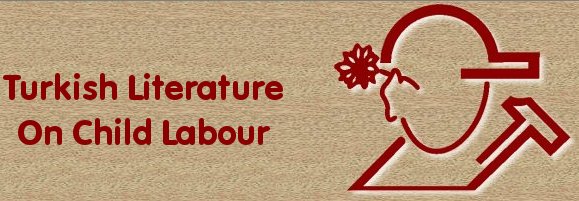An Integrated Programme for The Elimination of Worst Forms of Child Labour in Furniture Sector in Three Selected Provinces: 2004-2006
Title of the Study: An Integrated Programme for The Elimination of Worst Forms of Child Labour in Furniture Sector in Three Selected Provinces: 2004-2006
Type of the Study: Research – Evaluation Report (The work has been conducted within the scope of the ILO-IPEC Programme.)
Author of the Study: Ministry of Labor and Social Security Department of Labor Inspection Commission
Presentation,,
Year/Place of Publication: 2005, Ankara
Language of the Study: Turkish
Number of Pages: 100
Purpose: Determination of bad working conditions of child workers, their working reasons, social and cultural situations in Ankara, İzmir ve Bursa in the furniture sector, and proposal of possible and plausible actions to immediately eliminate their bad working conditions
Content: Introduction section explains wood works as a sector. Then selection of study areas, research method, sampling, findings and demographical properties of working children are discussed. Demographical properties of families and employers are listed, and working conditions are probed into in detail. The study is ended with outcomes and proposals.
Method: Field studies are made in 364 workplaces in Ankara, 210 workplaces in İzmir and 126 workplaces in Bursa. Workplaces are randomly chosen from the address list of each city. Because the address lists prepared for three cities contain no information about the firms, mono-stage layered sampling has been used instead of multi-staged.
Excerpt: In consideration of working conditions and environments faced by children at workplaces, all of the children under the age of 15 have to be taken away from working life, and children aged between 15-18 must be taken away from heavy works such as wood works negatively affecting their physical and mental development. P.66
Some keywords: apprenticeship, furniture production sector, poverty
